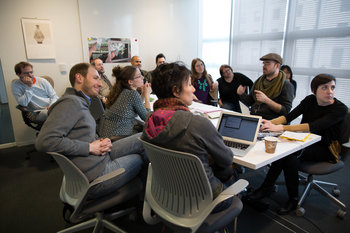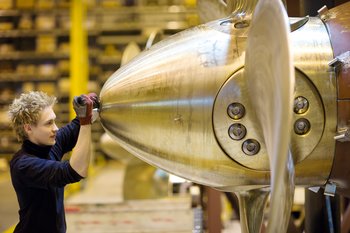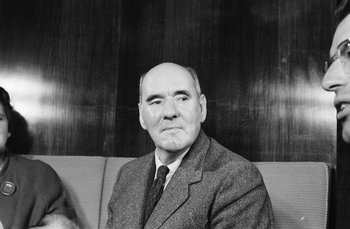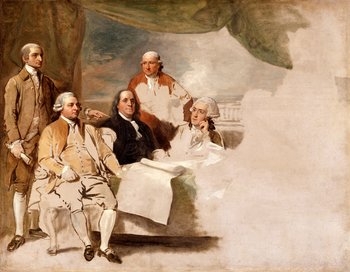
Productivity Increases
The Hawthorne effect originated with research known as the Hawthorne studies conducted between 1924 and 1932 at an electrical equipment manufacturer known as Hawthorne Works. These extensive studies changed lighting on factory floors to different levels to determine if this would impact productivity. Strangely, the study found that virtually any change to lighting levels increased productivity. Not only this but several side experiments that involved cleaning and reorganizing workstations also increased productivity. The Hawthorne effect is an interpretation of this data by Henry A. Landsberger, one of the researchers of the study, who postulated that productivity increased in every instance because the workers were aware that they were being observed and that their productivity was being monitored.Novelty Effect
The novelty effect is a tendency for a big change to a work environment to temporarily improve performance. This can be used as an alternate explanation for some of the studies that support the Hawthorne effect. For example, a 1927 study known as the Relay Assembly Experiments gave women assembling telephone relays different types of work schedule such as many short breaks, a few long breaks or going home early. Each change temporarily increased productivity. This could be explained with both the Hawthorne effect and the Novelty effect. As such, these hypotheses tend to be associated and the term Hawthorne effect is sometimes used as a synonym of the novelty effect.Hawthorne Backfire
In some cases, performance and productivity go down with awareness of monitoring. For example, in a 1931 study, 14 men assembling telephone switching equipment were temporarily given performance incentives based on how many units they could produce to determine the effect on productivity. Productivity went down as the men appeared to believe the study was a trap to see what the team could really produce in order to increase daily base rate quotas. This would indicate that people do modify their behavior when observed but they will do so to defend their own self interests and that this may take unpredictable turns.Study Bias
The Hawthorne effect is a possible bias in a wide range of scientific studies. Let's say you participate in a study to see if people who fly kites twice a week are healthier in some way. You might eat healthier or try to get more sleep because you are aware that your health is being monitored by the study.| Overview: Hawthorne Effect | ||
Type | ||
Definition (1) | The tendency for people to alter their behavior when they know they are being monitored and observed. | |
Definition (2) | A tendency for a novel change to work environments or tools to temporarily increase performance. | |
Related Concepts | ||
































